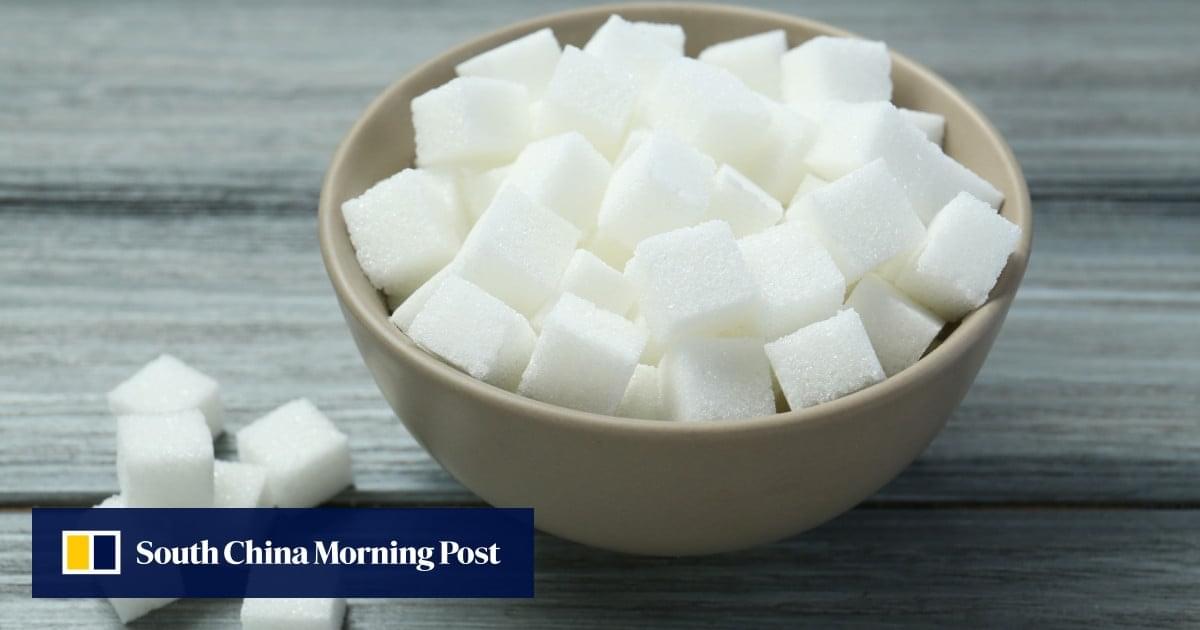“Artificial conversion of carbon dioxide into food and chemicals offers a promising strategy to address both environmental and population-related challenges while contributing to carbon neutrality,” the team said in a paper published in the peer-reviewed journal Science Bulletin in May.
Reducing carbon dioxide to less complex molecules has proven successful, though the researchers said that generating long-chain carbohydrates – the most abundant substances in nature – has proven to be a challenge for scientists.
“In vitro biotransformation (ivBT) has emerged as a highly promising platform for sustainable biomanufacturing,” the team from the Chinese Academy of Sciences’ Tianjin Institute of Industrial Biotechnology wrote.
